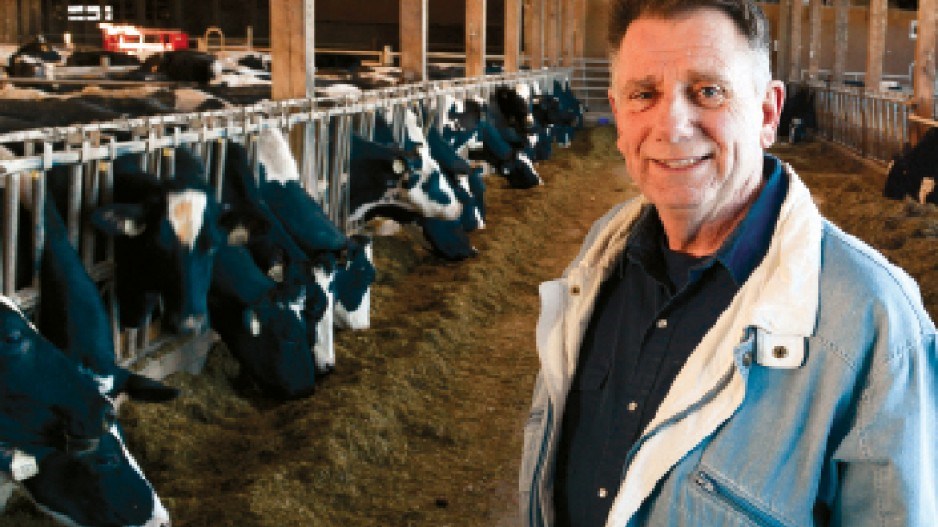When Seabreeze Farm began dairy production at its current Delta location more than 30 years ago, the farm had 30 cows.
A lot has changed in the ensuing decades, says Seabreeze owner Jerry Keulen. Seabreeze now milks about 250 cows, and his two sons, Brian and Kevin Keulen, work with him on the farm.
But in addition to the growth in production and progeny, Seabreeze is bracing for even more change: the farm will soon begin producing natural gas for FortisBC.
Seabreeze is now a participant in FortisBC’s renewable natural gas program – a program under which approved suppliers capture methane produced when bacteria break down waste such as manure and food scraps. Methane is the main component in natural gas.
The methane produced by participants is then cleaned – carbon dioxide and hydrogen sulfide is removed – and sold to FortisBC and used to heat homes and businesses on its system.
All the gas are sent to FortisBC via its existing pipeline network.
To secure the methane, participants install anaerobic digesters, the large tanks that hold manure and other scraps while the methane is being created.
Keulen said the material used in the anaerobic digester, called digestate once it is removed from the receptacle, will be used on the crops on the farm.
Doug Stout, FortisBC’s vice-president of energy solutions and external relations, said the program, started about three years ago, is still in its “early days.”
But he added that FortisBC is evaluating some new large participants to the program, such as a digester built in Surrey that would produce natural gas to power the city’s garbage fleet.
Such additions will greatly expand the volumes handled by the program.
“I think that will move some larger volumes,” said Stout. “It is still a slower program, but we’d see potentially 2% to 3% of our total natural gas distributed coming from renewable natural gas in the next few years.” •




